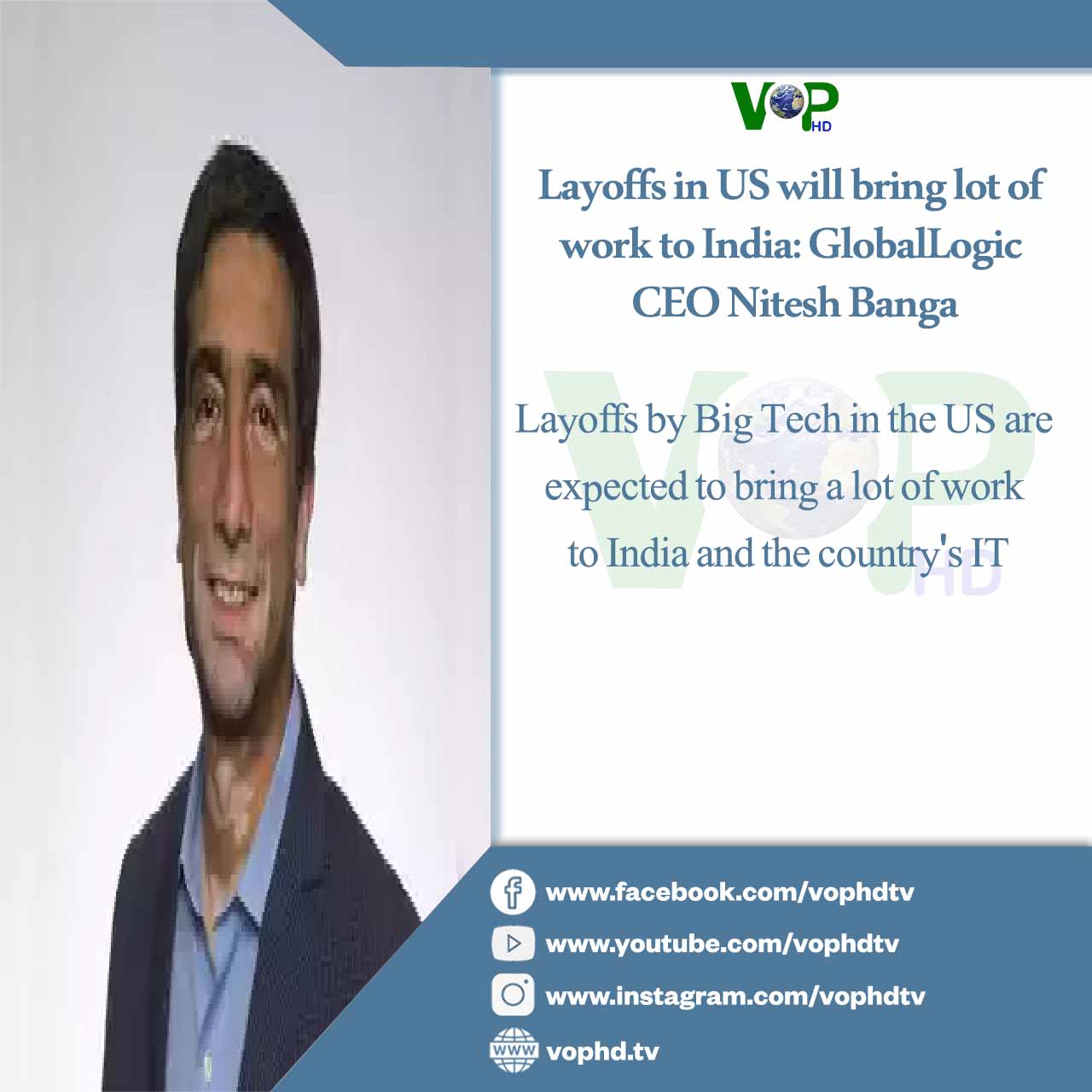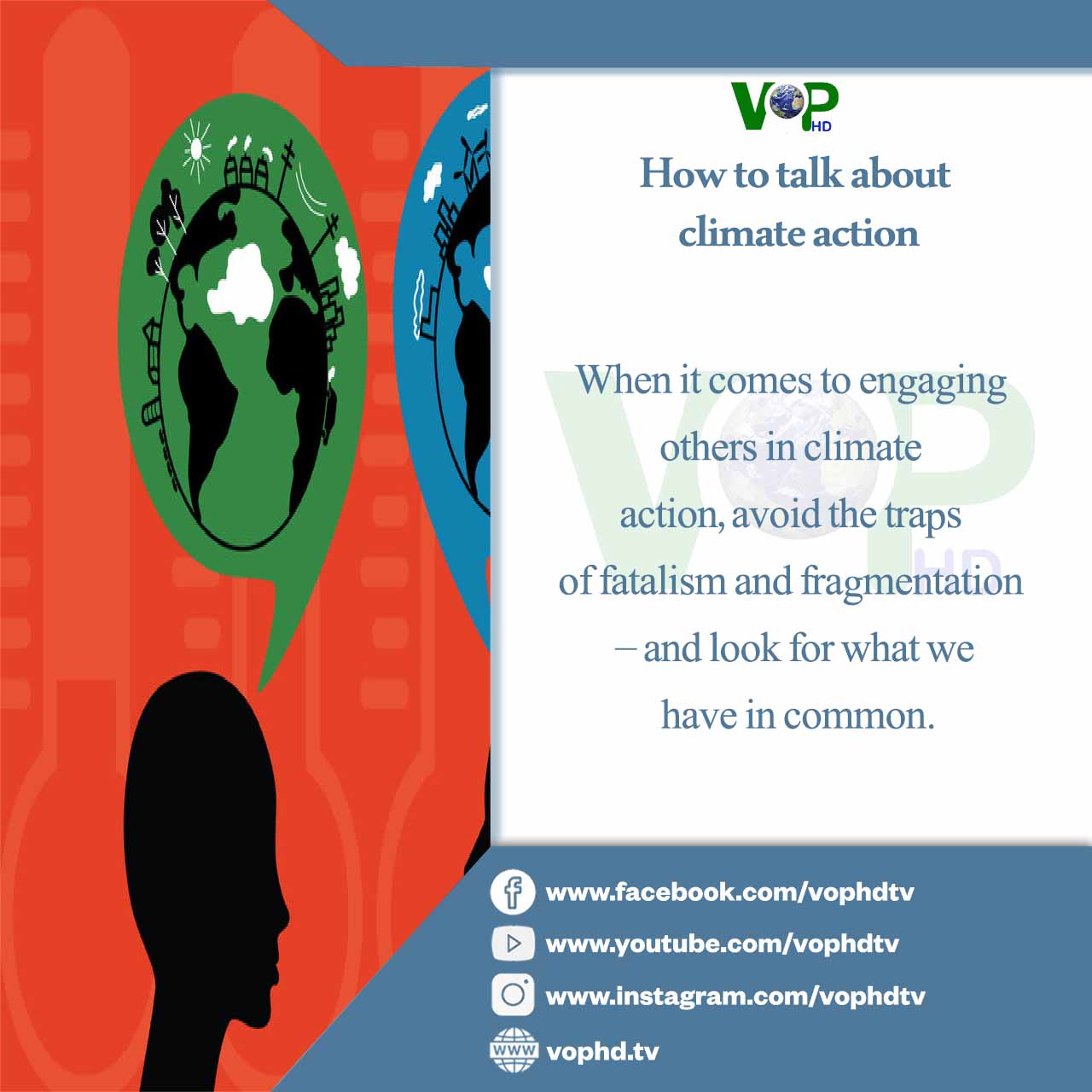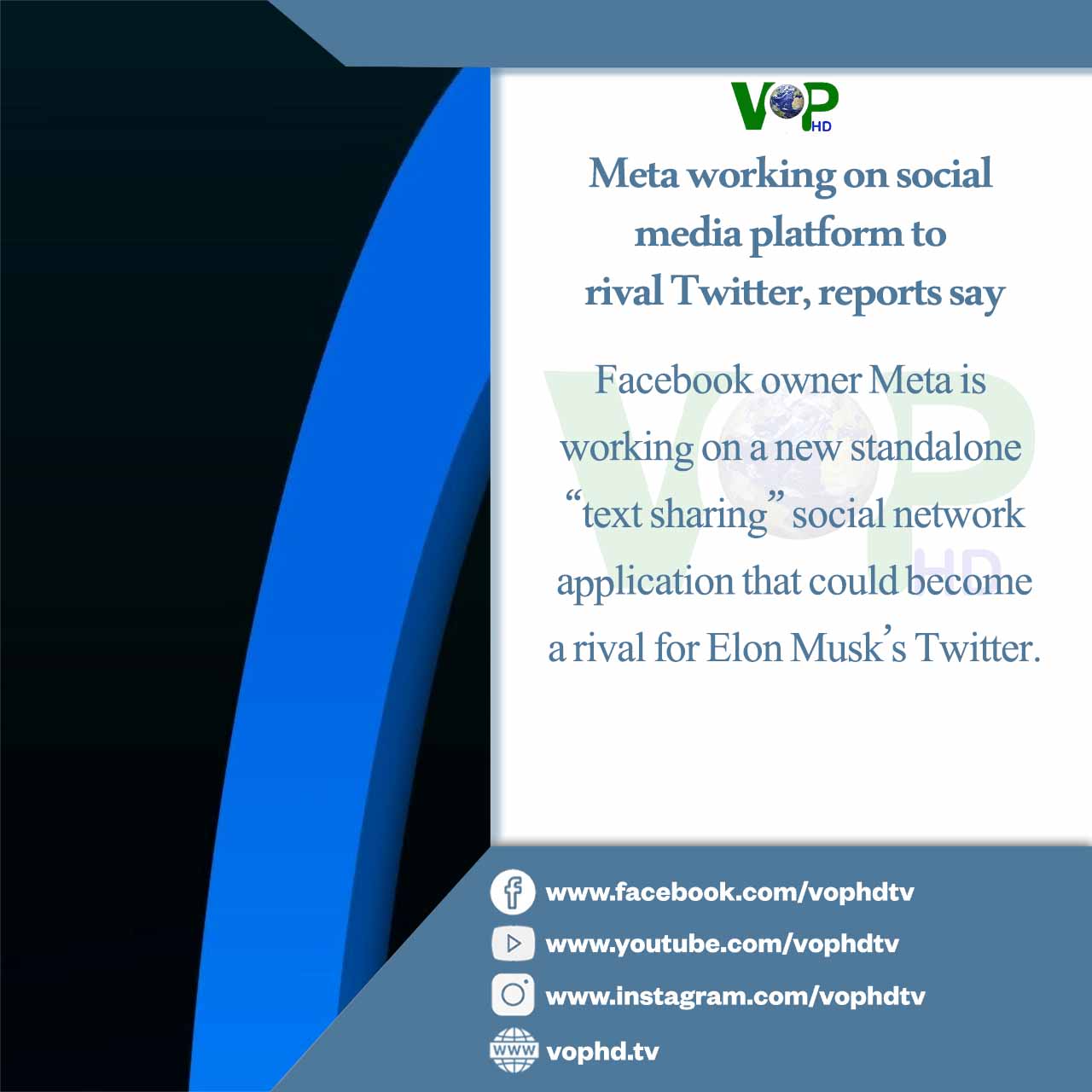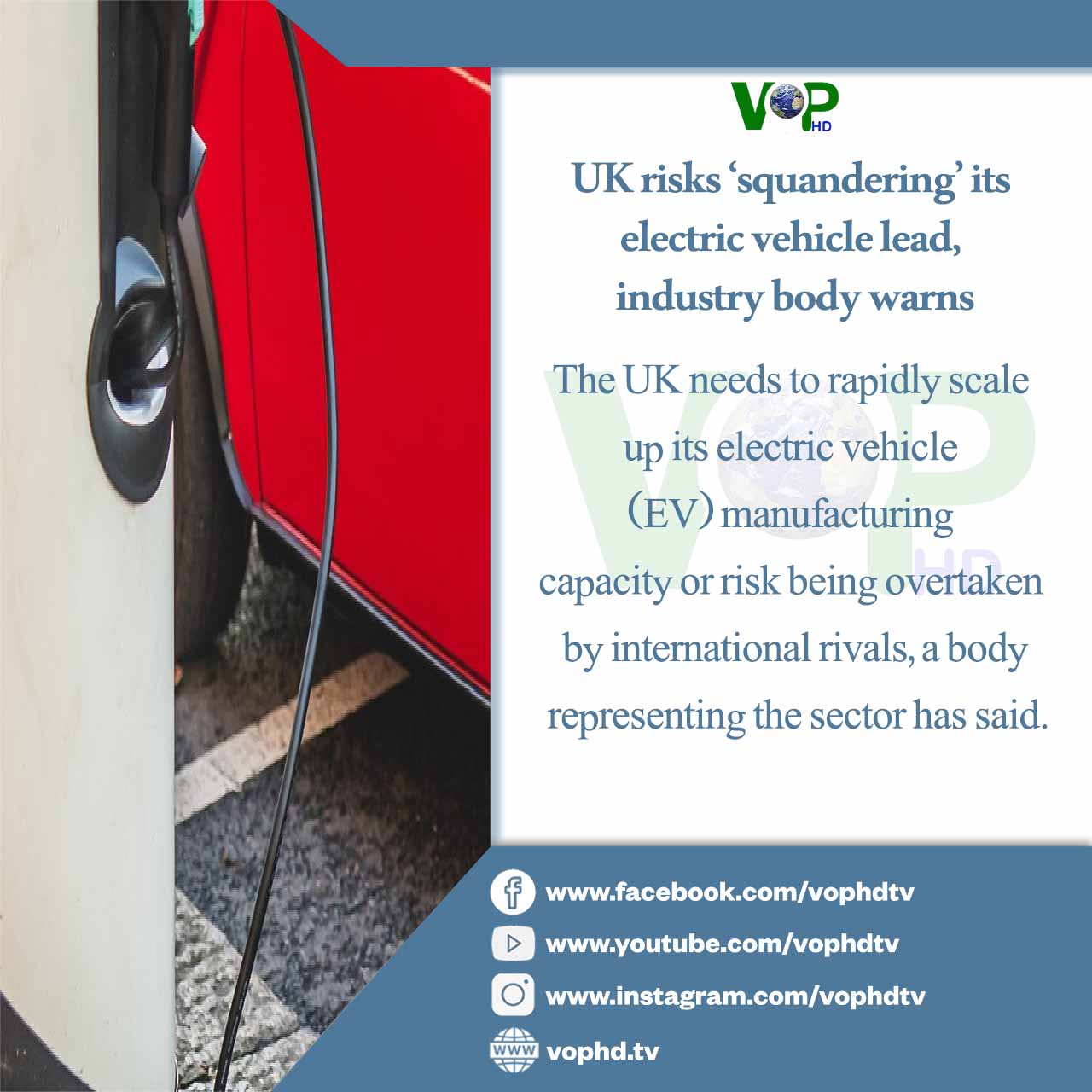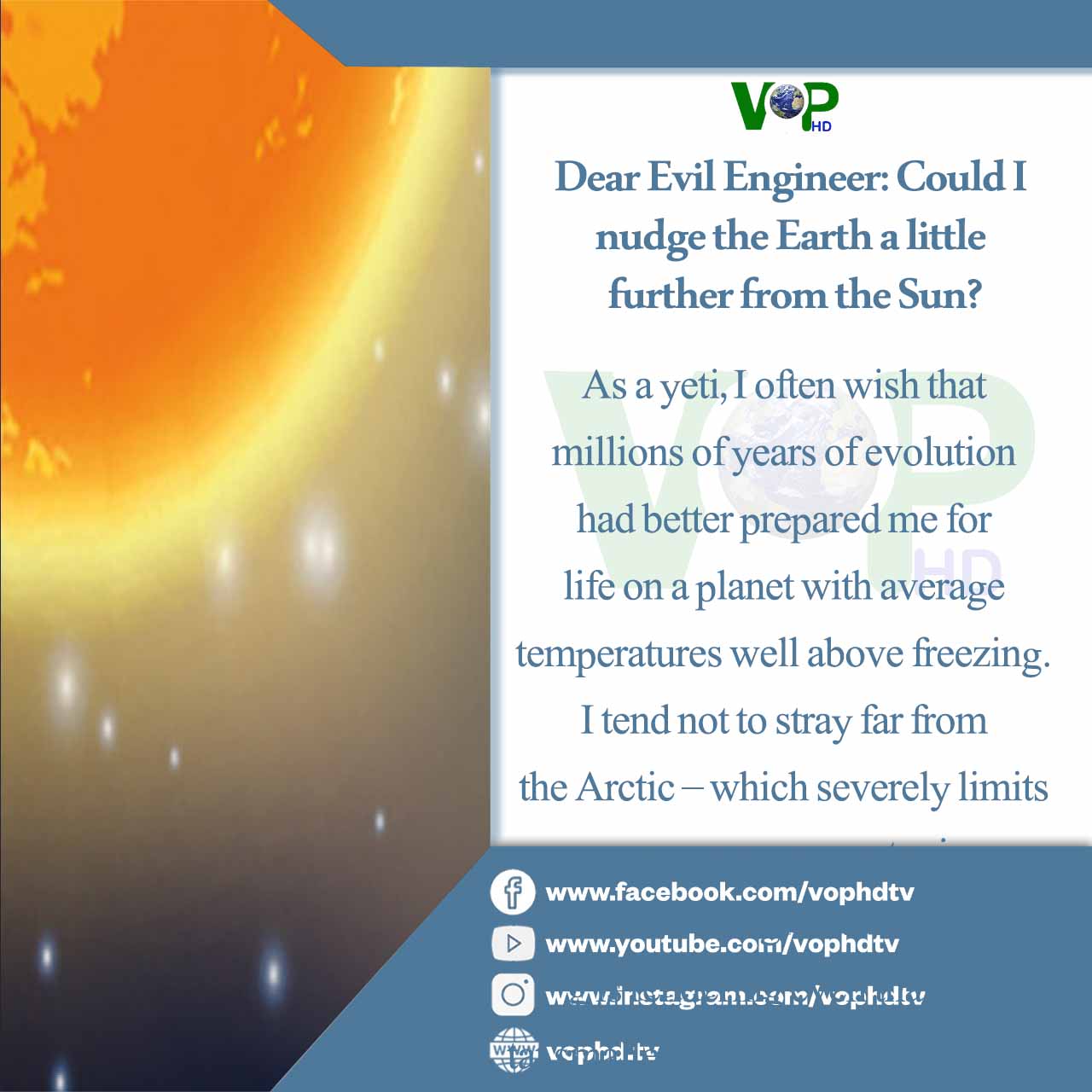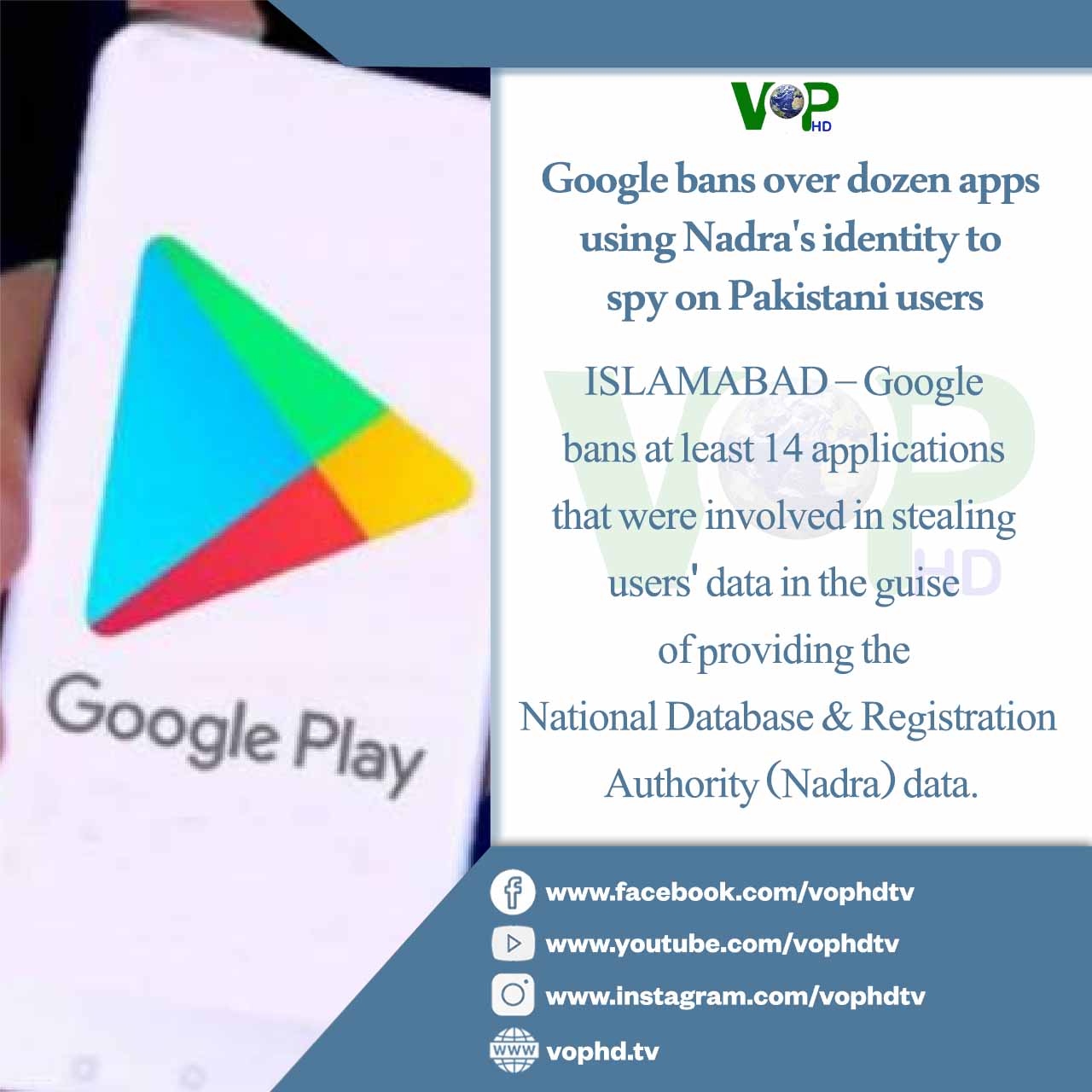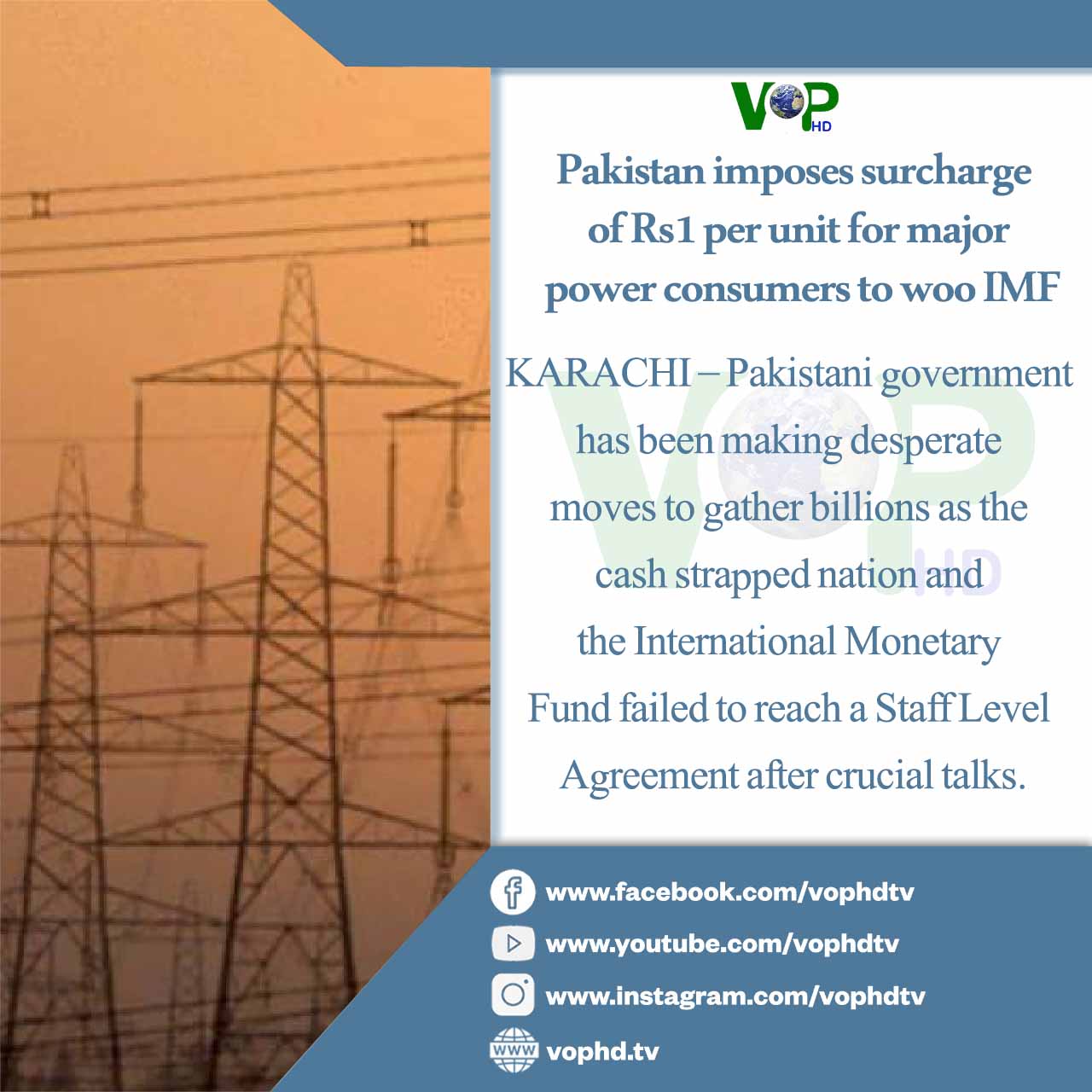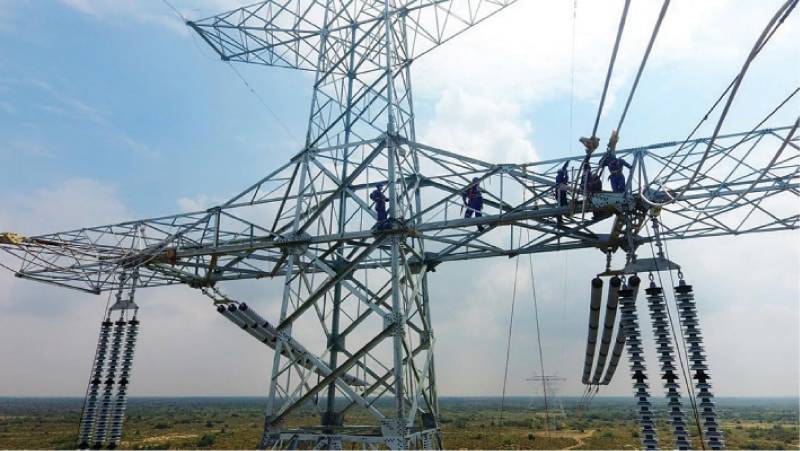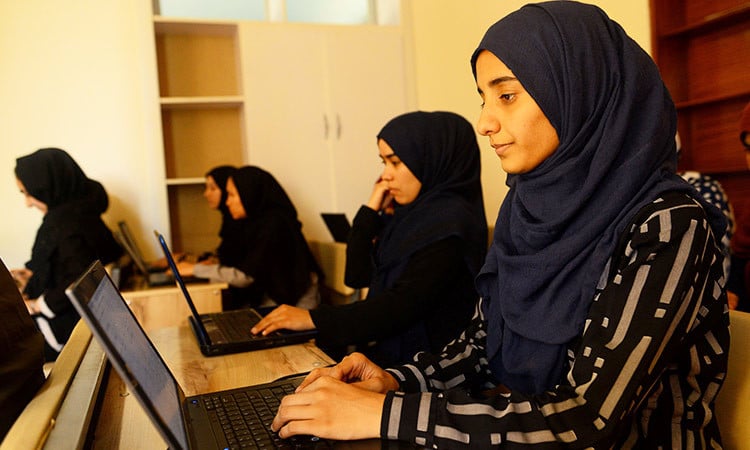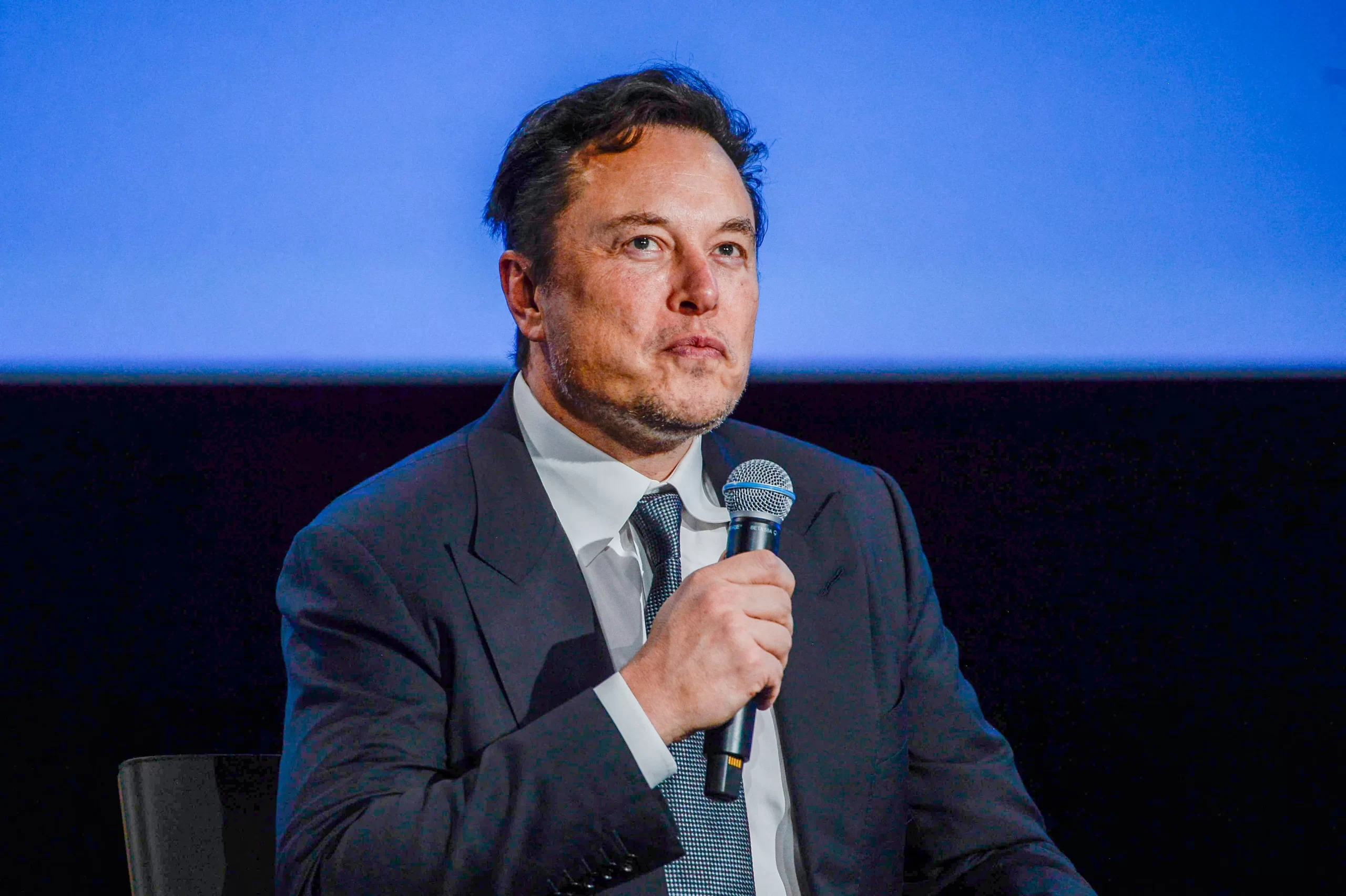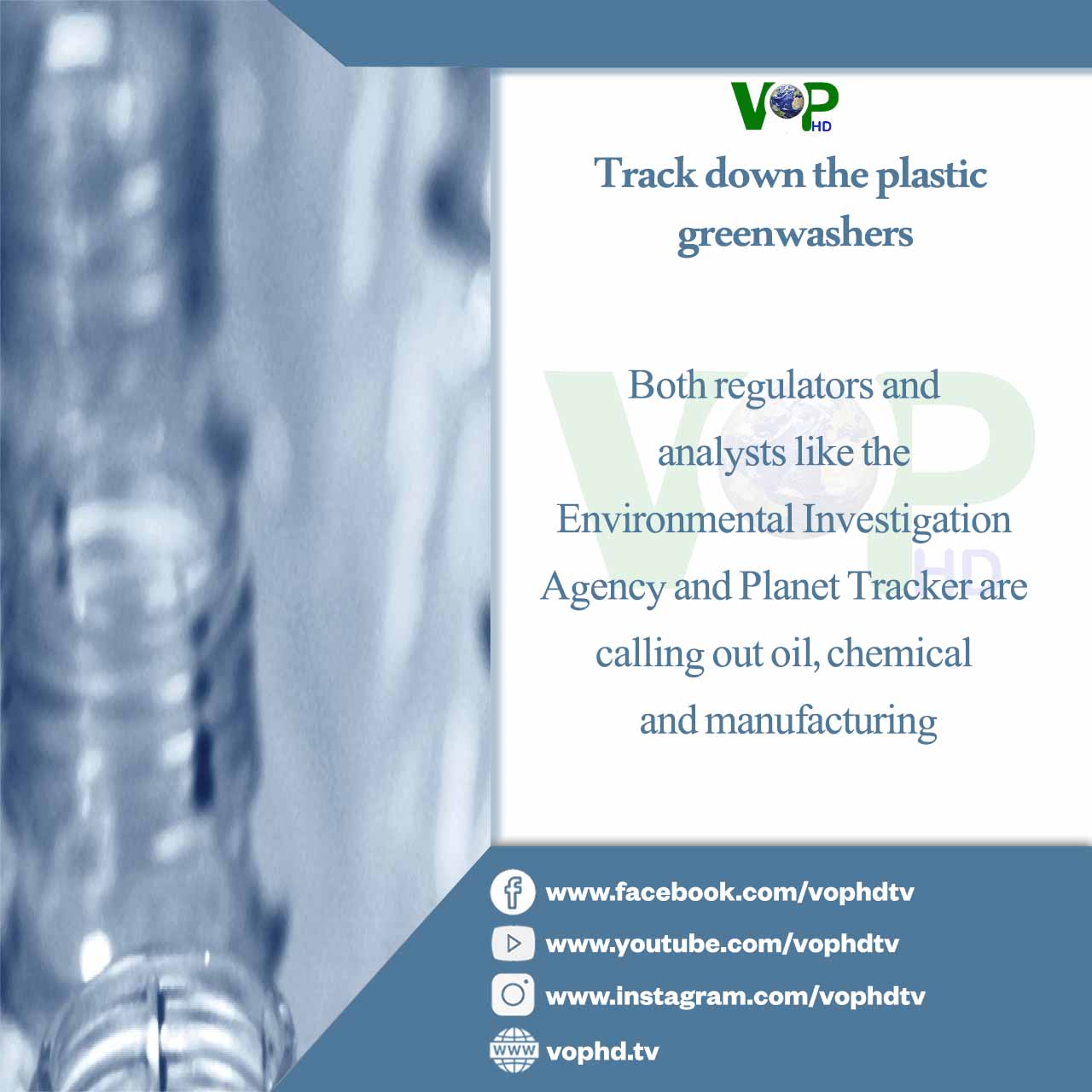
Track down the plastic greenwashers

Both regulators and analysts like the Environmental Investigation Agency and Planet Tracker are calling out oil, chemical and manufacturing companies as they increasingly turn to greenwashing techniques to smooth the way for an increase in the production of plastic.
“We can be a bit geeky,” says John Willis, director of research at financial think tank Planet Tracker, “but we like to make sure what people are saying is true. We go through all the footnotes, and everything the auditors say; the devil is often in the detail.”
It may not be the most glamorous of roles, but work Willis and his team do behind the scenes is critical, given the prevalence of increasingly sophisticated greenwashing.
“I don’t think the general public are aware of how widespread this is, and they think quite reasonably that someone must be checking all of this, but until now they haven’t been,” he says.
Last year, Willis came across the Alliance to End Plastic Waste (AEPW), and the organisation seemed “very worthy. We would love to see plastic waste ended,” he says.
After all, who wouldn’t?
Founded in 2019 in Colorado by 28 businesses, the AEPW’s mission is to “provide solutions to end plastic waste and protect the planet”.
Today the membership consists of more than 70 global firms in the plastic value chain that have committed to invest through funds, expertise and resources “to enable their vision”. Members include major oil and chemical companies like Exxon Mobil, Shell, Total Energies, BASF, Dow as well as manufacturing giants, including Pepsico and P&G.
Partners and supporters include a diverse pool of organisations ranging from the United Nations, consultancy big hitters such as Accenture, and the University of Leeds.
Alarm bells started to go off when Willis and his team, many of whom are former financial auditors, noticed discrepancies between the numbers in AEPW’s annual reports and numbers on their websites.
The AEPW’s latest progress report, for example, shows that the AEPW had only diverted and recycled about four kilotonnes (kt) of plastic waste since its creation three years ago in 2019, meaning it has achieved just 0.04 per cent of its own recovery and recycling target since its establishment. Even allowing for the pandemic, this raises serious questions about the credibility of the AEPW’s target, says Planet Tracker.
“Frankly, it’s the worst case of greenwashing I’ve seen,” says Willis.
Corporate greenwashing, as defined by legal NGO ClientEarth, is the use of “advertising and public messaging to appear more climate friendly and environmentally sustainable than [a company] really is. It is also a technique used by companies to distract consumers from the fact that their business model and activities do a lot of environmental harm and damage.” Greenwashing is not always illegal, but it is always misleading.
The advantages companies gain from greenwashing are great and, so far, outweigh the penalties of getting caught. As the unfolding climate crisis ensures consumers become increasingly conscious about the environmental impact of the services and products they use, “simply making a company appear more environmentally sustainable and caring appears to carry only upsides, unless claims are shown to be false”, notes Planet Tracker in a report it published in early 2023, “but it should be remembered that making false environmental claims hinders the development of the green economy”.
This makes Willis so resolute in his mission to hold companies accountable over their environmental claims. Speaking from a financial perspective, he says: “Greenwashing is actually resulting in the misallocation of capital… money not going to the people who are genuinely trying to be sustainable because other businesses are deliberately misleading customers, and that, I think, is just completely unacceptable.”
Willis soon noticed that 19 out of the 28 founding members at the AEPW (68 per cent) were also members of the American Chemistry Council (ACC), an association promoting ‘the business of chemistry’. The ACC has more than 190 members engaged in the chemistry business. On its website, it states that part of its mission is to represent ‘America’s Plastic Makers’. Recently, the ACC campaigned against a tax on plastics in the USA.

The AEPW denies it has a relationship with the ACC, but the overlap in membership is telling, according to Willis. “The ACC is one of the top 10 lobbyists to Congress in the US by value,” he says. “They are a very serious organisation. Within the ACC you have some of the best political operators that exist, including oil majors, like Exxon Mobil, who have had to operate for years in a political environment, and they are very good at this indeed.”
Willis was also alarmed to learn that more than 90 per cent of AEPW members failed to publicly support the ‘Business Statement for a Legally Binding UN Treaty on Plastic Pollution’. In March 2022, the UN Environment Assembly agreed to forge an international legally binding agreement on plastic pollution by 2024. During these negotiations, the ACC campaigned for “a more limited draft text”, arguing for focus “on plastic waste rather than production”. In the run-up to these negotiations, the ACC argued a circular economy is best achieved by “expanding systems and infrastructure to collect and repurpose plastic resources”.
“Look at what the AEPW focuses on,” says Willis. “It focuses on the downstream: they are saying ‘we are going to get this plastic recycled’; what they will not do is talk about dealing with fossil fuel feedstocks making plastic – there’s a very good reason for that, because this is the business of the oil majors.”
In addition, an analysis by philanthropists the Minderoo Foundation has identified that just 20 companies are the source of more than half of all single-use plastic waste. The top 20 include ExxonMobil, Dow, Sinopec, LyondellBasell, Reliance Industries, Braskem, Total and Formosa Plastics – all are members of the AEPW.
Willis says it would be “marvellous if the whole global plastic problem could be dealt with by recycling but, in reality, most experts do not believe that is vaguely possible because, for a start, a lot of countries don’t even have collection schemes”.
“Even in the Global North, you find that just 15 per cent of all plastic packaging is recycled. Globally it is about 9 per cent. Then we find out uncomfortable things, that even PET plastic can only be recycled a few times. The AEPW was set up by the ACC, to move the whole problem downstream,” says Willis.
Another motive from the oil companies’ point of view, says Willis, could be that their product is “under attack”. “Despite inflated profits oil companies are enjoying due to the Russian invasion of Ukraine, they know governments around the world are moving to limit use of refined products, like diesel, gasoline and natural gas, through decarbonisation policies, so why not diversify further downstream yourself and create a product?”
According to statistics portal Statista, global production of thermoplastics will amount to 445.25 million tonnes in 2025, rising to approximately 590 million tonnes by 2050 – an increase of more than 30 per cent compared with 2025. Willis notes Exxon Mobil’s growth plan relies on increasing virgin plastic production. “They are the biggest single-use plastics producer in the world, but it is still quite a small part of their business. I think they are holding this up as the big hope,” he says.
An Exxon Mobil spokesperson told E&T that plastics were “essential to enabling the energy transition and helping to improve quality of life, given their critical use in wind and solar components, agriculture, food packaging, medical equipment and other essential goods.
“We are playing our part to launch real solutions to address plastic waste and improve recycling rates. This includes staying actively engaged with organisations like the AEPW to drive action on how plastics are recycled and transformed into valuable products,” they added.
Willis says the AEPW is carrying out a “a really sophisticated form of greenwashing,” and we shouldn’t be surprised because oil companies have “brilliant litigators, marketers and PR people and they can all work on this”.
As companies recognise the benefits, greenwashing has become more nuanced, and several variations have emerged, such as greencrowding, which is built on the belief that you can hide in a crowd to avoid discovery; it relies on safety in numbers. If sustainability policies are being developed, it is likely that the group will move at the speed of the slowest.
“AEPW is an incredibly boring title, but it tells you what it supposedly does and then doesn’t even deliver on this,” says Willis, referring to the alliance’s 4,000-tonne recycling record.
He says the target was negligible in the first place, when considered against the 353 million tonnes of global plastic waste recorded by the OECD in 2019.
In addition, the recycling target of the AEPW has remained unchanged since its creation, despite more than doubling its membership. This means the plastic waste removal contribution per member has fallen over time, from 107kt to 47kt annually – a 56 per cent reduction.
Another type of greenwashing, known as greenrinsing, refers to when a company regularly changes its Environmental, Social and Governance (ESG) targets before they are achieved. Planet Tracker says the world’s two top plastic polluting brands, Coca-Cola and PepsiCo, have adopted this strategy by regularly adjusting their recycling targets before the target date, without meeting them. Over the past five years, PepsiCo, which is also a member of the AEPW, has changed its recycling targets three times, while Coca-Cola has done so twice.
Given the scale of plastic pollution of both companies, this kind of corporate behaviour also sits under the term greenlighting – companies spotlight a particularly green feature of their operations or products, however small, to draw attention away from the environmentally damaging activities being conducted elsewhere.
AEPW says it is supporting about 50 plastic waste projects worldwide. When it was formed in January 2019, the Alliance announced plans to invest up to $1.5bn over five years to “advance solutions to eliminate plastic waste in the environment”.
These include initiatives from infrastructure development projects in Indonesia, Ghana and Manila, to community engagement projects in Thailand and Nigeria, as well as clean-up projects in Singapore and Sri Lanka.
Yet an investigation by Bloomberg Green last year, which looked at four projects, found all are falling short of public claims. In Thailand, AEPW says it is supporting a community leader who’s never heard of the organisation. In the Philippines, it has funded a programme incentivising consumers to recycle plastic by giving them back plastic in return. In Ghana, it is backing a project that’s doing very little actual recycling. Planet Tracker says AEPW Progress Reports are not audited, and no organisation takes responsibility for their contents.
As well as big oil and plastic manufacturing companies, the AEPW lists several strategic partners on its website, including United Nations Industrial Development Organization (UNIDO), which would appear to give it strong credibility.
When contacted by E&T, UNIDO said it signed a memorandum of understanding with AEPW to cooperate on reducing plastic leakage into the environment and tackling the global plastic waste problem through holistic circular approaches.
However, a spokesperson said: “The cooperation originally envisaged has not materialised and the partnership is now under review.”
Another strategic partner, climate action NGO WRAP, which aims to tackle causes of the climate crisis by “transforming the world’s food and textile systems, eliminating plastic pollution and increasing recycling”, said it had not seen the Plastic Tracker report. Yet, despite this, it said it would “continue to share knowledge with AEPW and work towards a world without plastic waste”. A spokesperson added: “We share a vision with AEPW of a world where plastic does not become waste and collaborate by sharing knowledge with AEPW and seeking opportunities for interventions in strategically critical geographies around the world.”
Another group that has been accused of greencrowding is The UK Flexible Plastic Fund. Founded by Mars UK, Mondelez International, Nestlé, PepsiCo and Unilever in May 2021, its aim is “to help make flexible plastic recycling economically viable for recyclers and easier for consumers”. All five founding companies were within the global top 10 polluting brands in 2021 following audits conducted by the NGO Break Free from Plastic.

The Fund’s original aim was to build the currently non-existent UK soft plastic recycling market by paying recyclers to accept it, while partnering with supermarkets and other businesses that could have store drop-off points until kerbside collection of soft plastic for recycling comes into force in 2027 in the UK.
However, the Environmental Investigation Agency (EIA) says if this money were to go to recyclers paid to recycle soft plastic waste, it would simply help these companies hit already mandated recycling targets under the UK’s producer responsibility scheme for packaging.
In the European Union, the Unfair Commercial Practices Directive considers that when a company’s action provides no added value from complying with laws already in place but is self-declared, this is ‘subjective misleading practice’ and a form of greenwashing.
Lauren Weir, ocean campaigner at the EIA, says that of the five brands which initially created the UK Flexible Plastic Fund, it is thought that all but one does not currently have a company-level absolute plastic reduction target, meaning “the Fund, and this initiative, would not result in the reduction of soft plastic packaging production”.
And although having increased from the original £1m to now £4m (and growing from five to now 20 members), “this total amount of funding is incredibly small compared to the scale of the issue”, she says.
Of the £4m, all is currently expensed towards supporting soft plastic packaging collection projects – not its recycling.
Close to two years after having been created, the initial aim of the Fund has yet to come to fruition and no money has been paid towards this. This is because, according to Ecosurety, which runs the fund: “The complexity of supply chains and operational obstacles have so far prevented any candidate from providing the level of transparency that we request.”
E&T has previously reported on the lack of transparency over initiatives by UK supermarkets to help customers recycle flexible plastic. Last year, E&T revealed that a waste exporter contracted by Tesco and Sainsbury’s breached UK export regulations when it shipped plastic waste to five sites in Turkey, as well as to Poland and the Netherlands.
Despite concerns over what happens to this hard-to-recycle flexible plastic waste, an Ecosurety spokesperson told E&T it “had learned a lot from the dialogue with recyclers and retailers and has now clearly identified the bottlenecks within the system, as well as emerging technologies, sorting methods and processes that may unlock the flow of material to a desired and traceable end market.
“We are now applying these learnings and are working to develop new funding pathways to be launched later this year,” they added.
Yet EIA’s Weir thinks “we urgently need appropriate solutions to the problem of dealing with hard-to-recycle soft plastics, plastic over-consumption and plastic pollution, and these need to be effective and transparent”.
“What is clear,” she adds, “is these self-regulating measures and current industry and government investment are nowhere near robust enough to make the necessary impact. The UK government should provide a timely policy framework that is truly reflective of the plastic crisis we are currently living.”
Willis believes that for too long regulators have been playing catch-up but that a great reckoning is imminent. Regulators including the Federal Trade Commission and the Securities and Exchange Commission in the US, the European Securities and Markets Authority and the European Supervisory Authorities in the EU, as well as the Advertising Standards Authority (ASA) and the Competition and Markets Authority in the UK, are going to be inundated with claims, says Willis.
“I think greenwashing, in all its various forms, will become one of the biggest mis-sellings we’ve ever seen. Regulators are going to have a ball, but they will be up against some of the best PR in the world,” he adds.
In the UK, he notes, the ASA “had a go” at the bank HSBC, “because they told you about all these forests that they were planting but they didn’t tell you at the same time they were funding oil companies”. This is the version of greenwashing known as greenlighting.
In posters seen in London and Bristol, the bank said it was providing up to $1tn in financing and investment globally and helping to plant two million trees, “to help our clients transition to net zero … because climate change doesn’t do borders”.
The ASA says that consumers would not expect that HSBC “making unqualified claims about its environmentally beneficial work, would also be simultaneously involved in financing of businesses which made significant contributions to carbon dioxide and other greenhouse gas emissions and would continue to do so for many years into the future”. The ASA gave HSBC a warning not to repeat similar adverts, but no penalty was imposed.
“At the same time, you’ve got financial regulators beginning to look at greenwashing,” says Willis. “Shareholders and lenders [banks] have responsibility here. They do due diligence all the time. Whenever they buy a bond or share, they examine it. Why aren’t they doing it with these sustainability claims? They are misleading you and therefore misleading all the investors in your funds. If you’ve made an investment, I think you are obliged to all your investors to have done due diligence,” says Willis.
There is, however, some cause for optimism.
In February, HSBC added greenwashing to a list of risks it foresees in its future ability to access capital markets. In its latest annual report, the bank stated: “Expectations with respect to the intersection of ESG issues and financial crime as our organisation, customers, and suppliers transition to net zero, are increasing, not least with respect to potential ‘greenwashing’.”
As for the AEPW, it chose not to comment when approached by E&T, but Willis says the group has delayed its latest annual report deliberately because of pressure from some founding members in the wake of the Planet Tracker investigation.
“They have told us they are going to get auditors to cross-check what they are doing,” he says. “I think they are trying to sort things out, but let’s not forget who is pulling the strings here. The ACC [which denies its involvement] wants them focused on recycling, and not to touch production because of the reasons we’ve discussed. I think the AEPW is a bit stuck about what they can do.
“As more members join them, do you think the finance has gone up? Not at all. Each member is contributing less and less. It is shocking.”
Willis continues: “Consumer and financial regulators need to call this out. I am hoping that at some stage people will realise how widespread and how sophisticated greenwashing is. It is sophisticated and it is everywhere. We’ve got to start weeding this out.”

















































































































